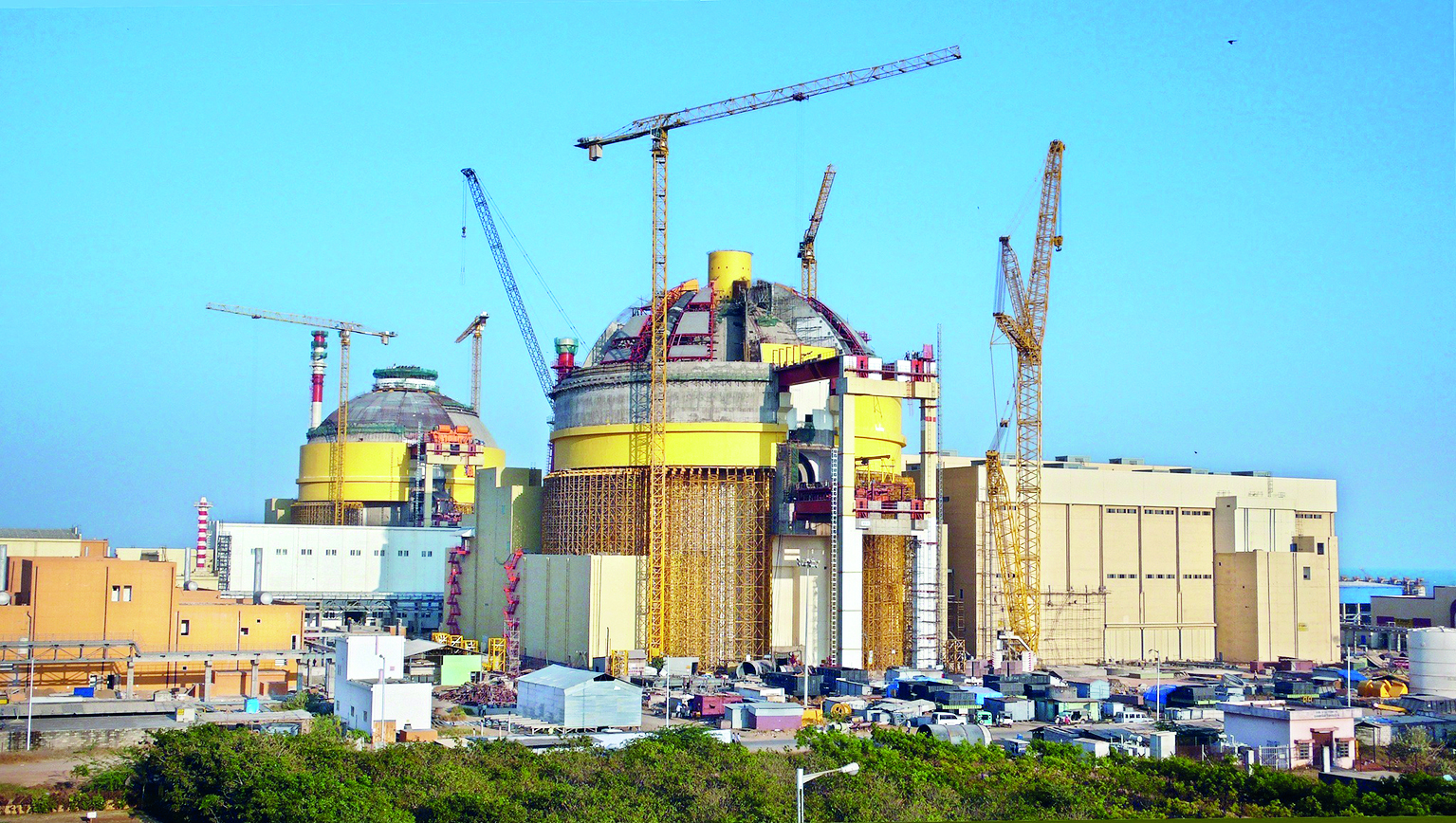India, Russia in discussions on thermonuclear research, transit potential of North sea: Rosatom

Thiruvananthapura: India and Russia are in discussions to collaborate on a range of activities including research on controlled thermonuclear fusion and joint development of the transit potential of the Northern Sea route, a top official of the state-run atomic energy corporation in Moscow, Rosatom, has said.
A E Likhacheva, CEO of Rosatom said the main topic of discussion with India was on the prospects of further cooperation in the field of nuclear technologies and in non-energy and non-nuclear areas.
Likhacheva, who visited the Kudankulam Nuclear Power Plant (KNPP) in Tamil Nadu last month, said both sides have gained enormous experience in cooperation during the construction of KNPP’s first units.
“Already, our cooperation extends beyond the borders of India. Indian companies are participating in Rosatom’s project to build the first nuclear power plant in Bangladesh - Rooppur NPP,” he said. Additionally, Rosatom was developing a considerable number of new areas of activity —about 80 of them—and in many of them it was ready to share its developments with friendly countries.
“Thus, we can offer the Indian side our competencies in the construction of low-power nuclear power plants,” he said.
He was of the view that both countries have great potential for cooperation in scientific research, including on the topic of controlled thermonuclear fusion.
Likacheva said Rosatom was also ready to provide Indian scientists, the opportunity to conduct research at the MBIR multi-purpose fast neutron research reactor currently under construction in Russia.
“This will be the most powerful research reactor in the world, it will open up unique opportunities for conducting a wide range of work on medical topics, research in the field of fundamental and applied physics, as well as in the interests of creating new materials,” he said.
Besides that, Russia is also in discussions with India on the joint development of the transit potential of the Northern Sea Route, which is operated by Rosatom.
This will help ensure supplies of Russian oil, coal and liquefied natural gas to India via the said route, with transshipment in Russian Far Eastern ports.
“We are also exploring options for cooperation within the framework of the Euro-Asian Container Transit project. This project involves the organization of a pilot line for international container transit through the Northern Sea Route. As you can see, the range of areas for mutually beneficial cooperation is very wide, and I am confident we will still make a significant contribution to the development of the strategic partnership of our countries,” he said.
Regarding India’s long-term energy strategy and goals, the Rosatom CEO said that the company plans to have a cumulative installed capacity share of non-fossil fuel energy sources of around 50 per cent by 2030 and achieve net-zero emissions by 2050.
Nuclear energy would play a significant role in attaining those goals.
He said India already ranks second after China in terms of the number of nuclear power units under construction simultaneously.



